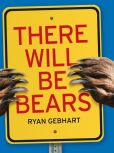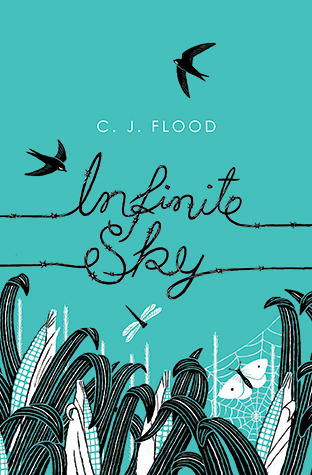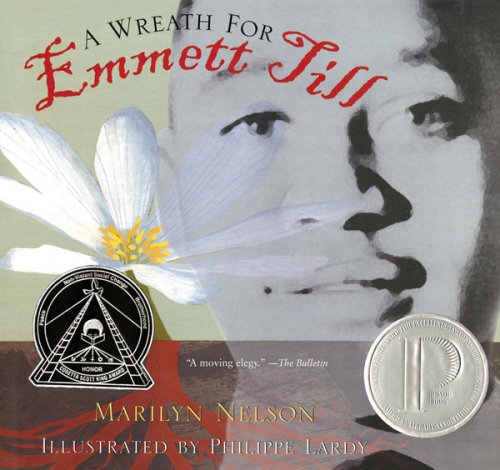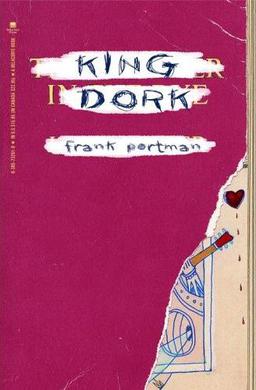13-year-old Iris feels abandoned. Her mum recently left the family. Her
dad isn't doing the best job holding down the fort. Her older brother is
running with a bad crowd. Now a group of Irish Travellers has set up
camp in front of their farm. Even though her dad doesn't want her to get
mixed up with the campers, Iris can't help being curious about them.
She strikes up a friendship with a 14-year-old nicknamed Trick, an Irish
boy who has seen so much more than she has, whose life is even less
predictable than hers. Soon, Iris' family falls apart in ways she had
never imagined.
Set in the UK,
Infinite Sky by C.J. Flood is seen
through the eyes of Iris - no pun intended, the point being that Iris
is a good narrator for this story. She's at that critical age with a
critical family situation. She's curious and naive, innocent and
observant, torn between staying loyal to her family and seeking out
something new. The boys who surround Iris - her father, her brother, and
her new friend Trick - are even more troubled than she is. Iris is
aware that her brother's new friends are reckless but doesn't know how
to stop him from hanging out with them. All she knows is she wants to
protect him, but she can't. She becomes distant from Matty, the girl who
was once her best friend, and defies her father's orders by hanging out
with Trick regularly.
My favorite brother-sister moment comes
when Sam, an artist, finally responds to his sister's request to draw
something special on her wall. This scene serves multiple purposes:
illustrating the siblings' relationship, giving Sam a way to channel his
pent-up energy and anger, and giving Iris something special. I also
liked the moment when Iris listens to Sam tell the story of how he met
his new friends and thinks to herself, "I just wanted to understand,"
and later, when she purposely keeps herself busy cleaning plates while
her father and brother argue so she can hear what's going on and be
right there to diffuse things, if need be.
The book's prologue
tells of something that happens very, very late in the book. Though it
is purposely vague, it does set the reader's mind on that path, so that
when the tragedy finally occurred, I wasn't as surprised or shocked as I
would have been had that first page not set things up. I can appreciate
the prologue and its later repeat/reveal from a storytelling
standpoint, as it's a structure that's used in many books (and movies,
and TV episodes) - I'd love to hear if other readers liked it or not.
Did it soften the blow, or make it easy to predict? Would you have had a
different reading experience had the prologue not been included?
This
is C.J. Flood's debut novel, and I enjoyed it. I think my favorite
moments were the little ones, not the big ones. As I mentioned earlier,
Iris is observant, and I liked when she noticed and described things
that were so telling about her family and about herself, such as the
state of their home:
The living room curtains were closed, but
there was a gap in the middle where they didn't quiet meet. Mum had
talked about replacing them ever since she shrank them in the wash last
year. I promised that as soon as I had some money, I would do it myself.
Sunlight pierced through the gap, turning bits of dust to glitter. - Page 68
Another lovely passage:
The
next day came, and the next week, and we went on with our lives, which
were just the same except for being messier and less organized and much,
much quieter. - Page 81
My favorite sentence in the book is the closing sentence. Beautiful and true.
I'll keep my eyes peeled for Flood's next book,
Everywhere River.Visual
note: I really liked the font the text was set in, which the publishing
data page cites as "Incognito." Kudos to whoever selected the font. I
also really like both the UK and the US covers of the book, which I
think are pretty and appropriate for the story and the setting. I would wager that the UK cover, which I posted above, may be easier to sell to middle school boys than the US cover, which features Iris alone.
I have included this book on my
Tough Issues for Teens
booklist, under the category of Parent/Child Relationships. I would
have listed it in another category, too, but that would have revealed a
major plot point...
 Tyson is a crack shot when it involves hunting in video games, and he'd love to try it in real life. For as long as he can remember, Gramps has promised to take him on his first elk hunt, and the time has finally come. Or has it?
Tyson is a crack shot when it involves hunting in video games, and he'd love to try it in real life. For as long as he can remember, Gramps has promised to take him on his first elk hunt, and the time has finally come. Or has it?








 Five years ago, a remarkable book came into this world. A Wreath for Emmett Till, by Marilyn Nelson, illustrated by Philippe Lardy, is *a heroic crown of sonnets* relating the story and details of the murder of a fourteen-year old boy in Mississippi in 1955. He was lynched by a group of white men for (allegedly) whistling at a white woman, although it turns out that may not even have happened. Determined to make the world aware of not only her son's murder, but the racial inequities in the South at that time, his mother insisted on an open casket for her poor boy. Dead too soon, and yet he helped to spark the civil rights movement in the United States because so many folks, no matter what their color, were outraged by his death.
Five years ago, a remarkable book came into this world. A Wreath for Emmett Till, by Marilyn Nelson, illustrated by Philippe Lardy, is *a heroic crown of sonnets* relating the story and details of the murder of a fourteen-year old boy in Mississippi in 1955. He was lynched by a group of white men for (allegedly) whistling at a white woman, although it turns out that may not even have happened. Determined to make the world aware of not only her son's murder, but the racial inequities in the South at that time, his mother insisted on an open casket for her poor boy. Dead too soon, and yet he helped to spark the civil rights movement in the United States because so many folks, no matter what their color, were outraged by his death.


